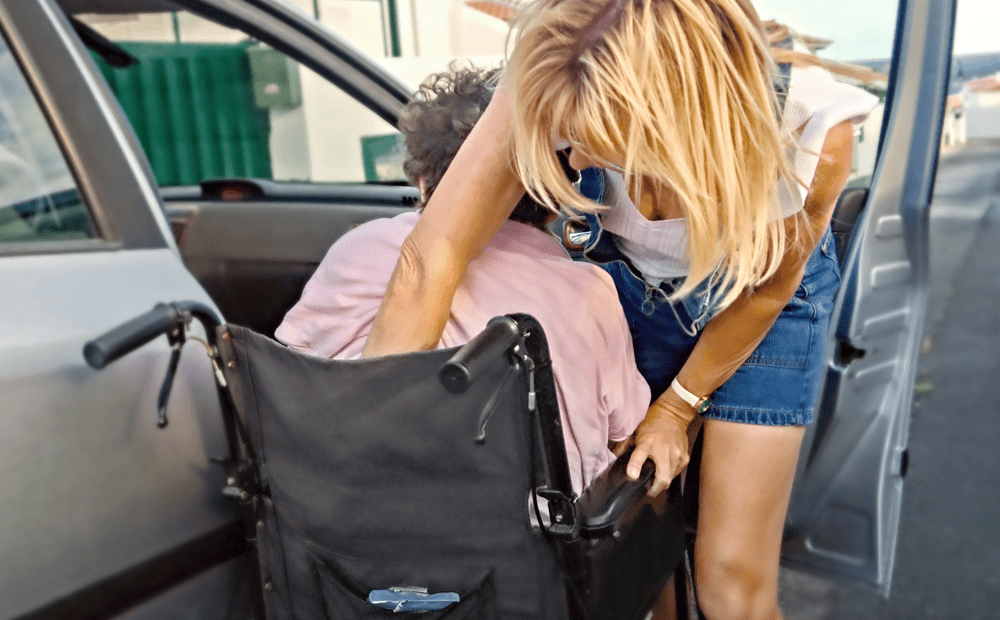Transitioning from Hospital to Home

After a hospital stay, whether for an illness, injury or surgery, the return home can be both a happy and stressful time. As caregiver, it’s important to plan ahead to help your loved one recover successfully transition from hospital to home and avoid readmission. Before discharge, make sure you ask your loved one’s care team to go over:
Medications
As medication errors are both common and dangerous, you should review all prescriptions before leaving the hospital with the health team. Carefully write down what medications your loved one needs noting the dosages, how they should be administered and for what purpose. Ask about side effects and adverse reactions to look out for and if any over-the-counter medications should be avoided. Compare this list to medications they were on before their hospitalization to make sure there are no duplicates or potential interactions.
Home Preparation
As early as possible, look into equipment to help make caring at home both safer and easier. Ask about a walker or wheelchair, oxygen tank, hospital bed etc. If anything is needed, find out how this equipment can be fitted, purchased or rented. Other changes like grab bars, ramps, elevated toilet seats or additional lighting may also be recommended to make your home more supportive of recovery.
Diet and Lifestyle
Get specific direction around dietary restrictions including the foods that should be avoided or encouraged. Can your loved one get back to regular activities like driving and working and are there any limits to physical activity?
Warning Signs
Ask if there are any signs or symptoms you should be on the lookout for that could indicate a problem. Fever, changes to the incision, shortness of breath, weight loss or fluid retention could all be on your watch list depending on your loved one’s condition. Find out who to contact if any of the warning signs arise and what symptoms warrant a trip to the emergency room.
Hands-on Care
If as caregiver you are required to perform hands-on support like wound cleaning, catheter care or injections, ask for written directions and get a chance to practice in the hospital room with staff present. Check that you have all the equipment you need and know where to go for replacements.
Follow Up
Before leaving, make sure follow-up appointments are booked with either the hospital or a primary care provider. Ask if your loved one qualifies for home support services, where to go to arrange this care and if there’s is someone you can contact directly if any questions arise following discharge.
Double check with your loved one to find out if they have any questions, worries or fears that can be addressed before leaving the hospital. Take advantage of being in the room with health care professionals and don’t worry about asking too many questions. While every situation is unique, careful discharge planning will help make your loved one’s transition from hospital to home a safe one.
If you enjoyed this article, you may also like to read:
